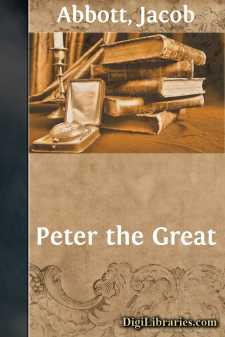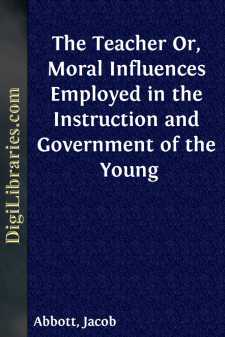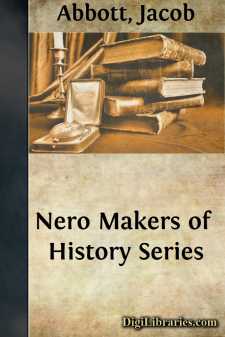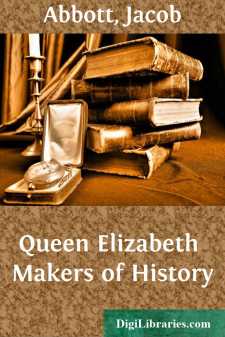Categories
- Antiques & Collectibles 13
- Architecture 36
- Art 48
- Bibles 22
- Biography & Autobiography 813
- Body, Mind & Spirit 142
- Business & Economics 28
- Children's Books 15
- Children's Fiction 12
- Computers 4
- Cooking 94
- Crafts & Hobbies 4
- Drama 346
- Education 46
- Family & Relationships 57
- Fiction 11828
- Games 19
- Gardening 17
- Health & Fitness 34
- History 1377
- House & Home 1
- Humor 147
- Juvenile Fiction 1873
- Juvenile Nonfiction 202
- Language Arts & Disciplines 88
- Law 16
- Literary Collections 686
- Literary Criticism 179
- Mathematics 13
- Medical 41
- Music 40
- Nature 179
- Non-Classifiable 1768
- Performing Arts 7
- Periodicals 1453
- Philosophy 64
- Photography 2
- Poetry 896
- Political Science 203
- Psychology 42
- Reference 154
- Religion 513
- Science 126
- Self-Help 84
- Social Science 81
- Sports & Recreation 34
- Study Aids 3
- Technology & Engineering 59
- Transportation 23
- Travel 463
- True Crime 29
Peter the Great
by: Jacob Abbott
Categories:
Description:
Excerpt
CHAPTER I.
1676-1684
Parentage of Peter—His father's double marriage—Death of his father—The princesses—Their places of seclusion—Theodore and John—Sophia uneasy in the convent—Her request—Her probable motives—Her success—Increase of her influence—Jealousies—Parties formed—The imperial guards—Their character and influence—Dangers—Sophia and the soldiers—Sophia's continued success—Death of Theodore—Peter proclaimed—Plots formed by Sophia—Revolution—Means of exciting the people—Poisoning—Effect of the stories that were circulating—Peter and his mother—The Monastery of the Trinity—Natalia's flight—Narrow escape of Peter—Commotion in the city—Sophia is unsuccessful—Couvansky's schemes—Sophia's attempt to appease the soldiers—No effect produced—Couvansky's views—His plan of a marriage for his son—Indignation of Sophia—A stratagem—Couvansky falls into the snare—Excitement produced by his death—Galitzin—Measures adopted by him—They are successful
The circumstances under which Peter the Great came to the throne form a very remarkable—indeed, in some respects, quite a romantic story.
The name of his father, who reigned as Emperor of Russia from 1645 to 1676, was Alexis Michaelowitz. In the course of his life, this Emperor Alexis was twice married. By his first wife he had two sons, whose names were Theodore and John,[1] and four daughters. The names of the daughters were Sophia, Catharine, Mary, and Sediassa. By his second wife he had two children—a son and a daughter. The name of the son was Peter, and that of the daughter was Natalia Alexowna. Of all these children, those with whom we have most to do are the two oldest sons, Theodore and John, and the oldest daughter, Sophia, by the first wife; and Peter, the oldest son by the second wife, the hero of this history. The name of the second wife, Peter's mother, was Natalia.
Of course, Theodore, at his father's death, was heir to the throne. Next to him in the line of succession came John; and next after John came Peter, the son of the second wife; for, by the ancient laws and usages of the Muscovite monarchy, the daughters were excluded from the succession altogether. Indeed, not only were the daughters excluded themselves from the throne, but special precautions were taken to prevent their ever having sons to lay claim to it. They were forbidden to marry, and, in order to make it impossible that they should ever violate this rule, they were all placed in convents before they arrived at a marriageable age, and were compelled to pass their lives there in seclusion. Of course, the convents where these princesses were lodged were very richly and splendidly endowed, and the royal inmates enjoyed within the walls every comfort and luxury which could possibly be procured for them in such retreats, and which could tend in any measure to reconcile them to being forever debarred from all the pleasures of love and the sweets of domestic life....












